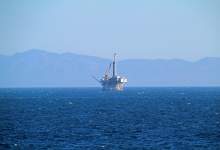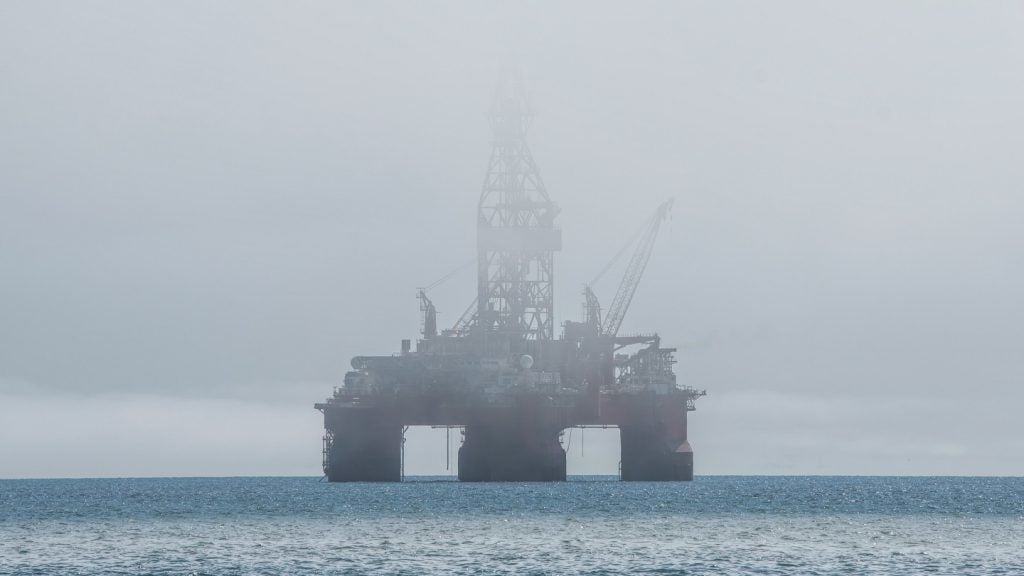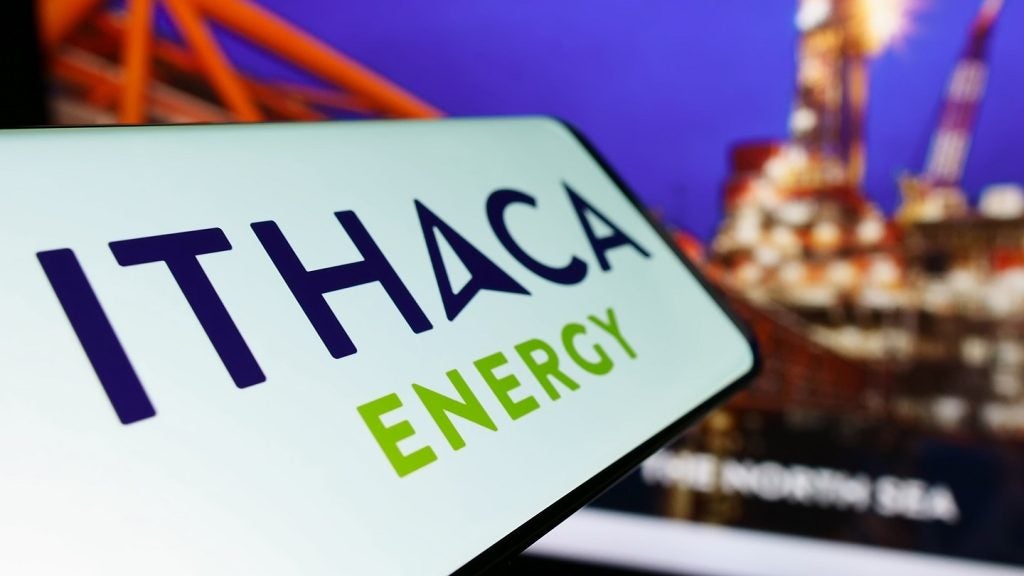

Geopolitical tensions, a lack of government leadership and the rise of national self-protection will increase inter-state friction and "aggravate a global governance vacuum" that will negatively affect vital energy infrastructure investment, according to a report by the World Economic Forum.
Marsh & McLennan Companies president of global risk and specialities, John Drzik, who was a speaker at the launch of the report in London last week, said $27 trillion needs to be invested in global energy infrastructure.
The annual report asked 700 global experts what they consider to be the key risks facing the world over the next 10 years. One of the major concerns highlighted in the report was the increasing demand on governments for internal reforms and to shape international relations, as well as national self-protection which could increase "interstate friction". According to the report, this may "hinder progress on cross-cutting, long-term challenges, and lead to increased inefficiencies and friction costs in strategically important sectors, such as healthcare, financial services and energy".
For example, geopolitical tensions, the threat of resource nationalism and individual countries’ energy independence may discourage much-needed investment in global energy infrastructure, as well as collaborative solutions to overcome global energy challenges. Essentially, investors will refrain from investing in industries such as oil, gas and mining if the environment is deemed too risky.
How well do you really know your competitors?
Access the most comprehensive Company Profiles on the market, powered by GlobalData. Save hours of research. Gain competitive edge.

Thank you!
Your download email will arrive shortly
Not ready to buy yet? Download a free sample
We are confident about the unique quality of our Company Profiles. However, we want you to make the most beneficial decision for your business, so we offer a free sample that you can download by submitting the below form
By GlobalData"They [investors] are counting on a certain amount of stability in the geopolitical environment because a lot of these investments have to be made in parts of the world that have risk already, and maybe depend on collaboration and cooperation between countries," Drzik says.
"If you are building a pipeline production facility that is going to depend on a pipeline in maybe multiple countries, multiple countries will need to be involved in getting that set up."
In the report, global governance failure is listed seventh in a list of the top ten concerns, with profound political and social instability ranking tenth.
Drzik says that countries, led by their governments, need to provide a stable environment for investors. The ability for a country to prove it has "sufficient stability" also involves being able to prove that its relations with other countries are going to remain stable.
"They [investors] always had the risk of some kind of nationalism that hurts their investment but now that risk looks higher and the uncertainties look higher, so that discourages investment," Drzik says.
"A more stable environment where it looks like more global agreements were getting knocked out in different areas would say to investors, ‘Well I think this could be a stable environment for me to make an investment.’"
Energy developments affect political outlook
The report also states that developments in energy and other key sectors will affect geopolitical relations: "Geopolitical risks will not only affect the interaction between countries but will also affect, and be affected by, developments in three sectors that are critical to the well-being of the global economy: energy, financial services and healthcare."
Drzik points out that the global energy dynamic is changing due to shale gas and this is also creating an uncertainty in the energy investment landscape.
"Some of the shifting geopolitics that comes from shale gas, for example, in the US it was an energy importer but now it looks like an exporter," he says. "How does that change its relationship with the Middle East?
"Lots of questions arise but if you’re an investor [you might be] thinking ‘I was going to make an investment over here but shale gas may be changing that dynamic. Maybe I’ll pull back and wait.’ You can’t wait because you need to get the investments back in the market."
Waning water resources for the oil, gas and mining industries
Also important to oil, gas and mining industries is water, which ranked third, after fiscal crises in key economies and structurally high unemployment / underemployment, in the top ten global risks of highest concern in 2014.
The report says that while the world population grew fourfold in the 20th century, freshwater withdrawals grew nine times.
There is an urgent need for planning and forward thinking when it comes to the world’s water resources, the report notes. "Because of the systemic importance of water for global economic activity, any failings in its planning, management and use in one country can ripple across the world."
Global governance failure, which sits right at the heart of these issues and many others, is one of the biggest global risks to come out of the report. It highlights a lack of trust in government leadership from business. As regions of the world become more developed, the global population grows – it is currently around seven billion but is expected to exceed eight billion by 2025 – and resources become more strained there is a need for smarter solutions and collaborative action across countries.
Government leaders must ensure this happens successfully to secure an investible political landscape that is able to mitigate future challenges with joint action. Globalism may not be a new word but it’s never been more important than it is now and will be in the future.


.gif)





